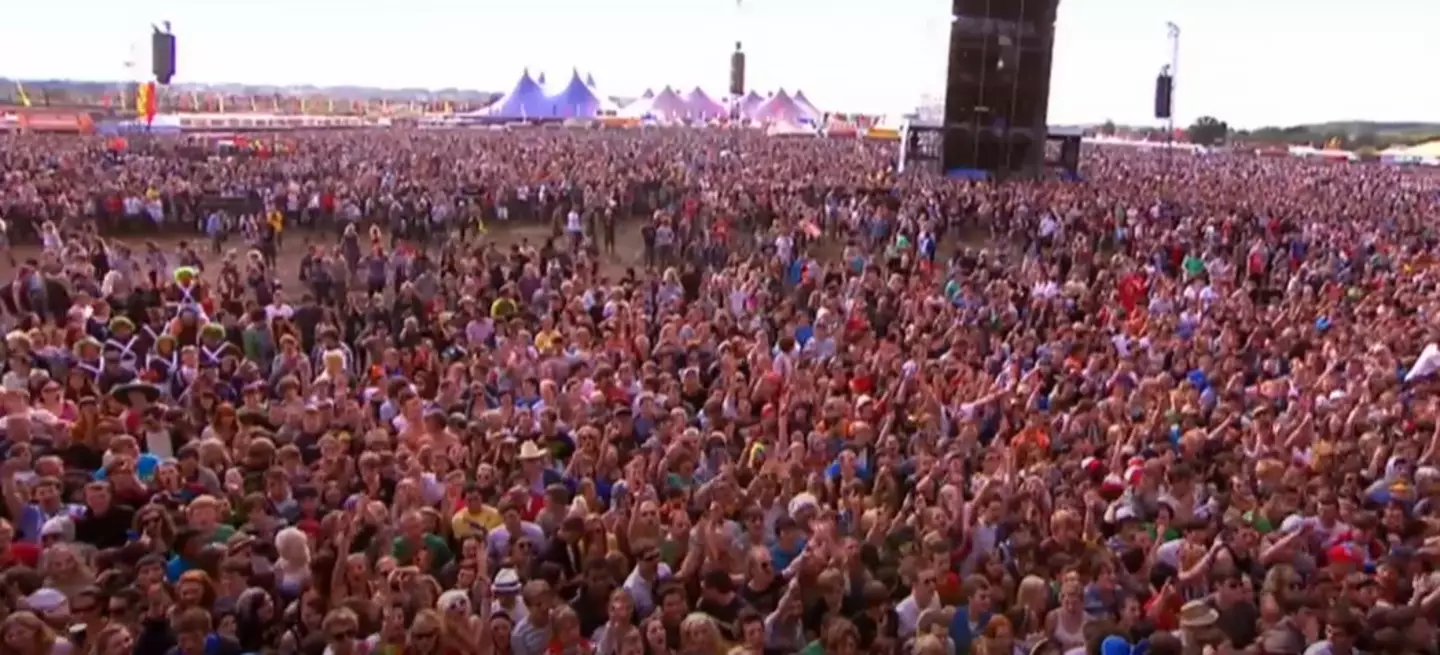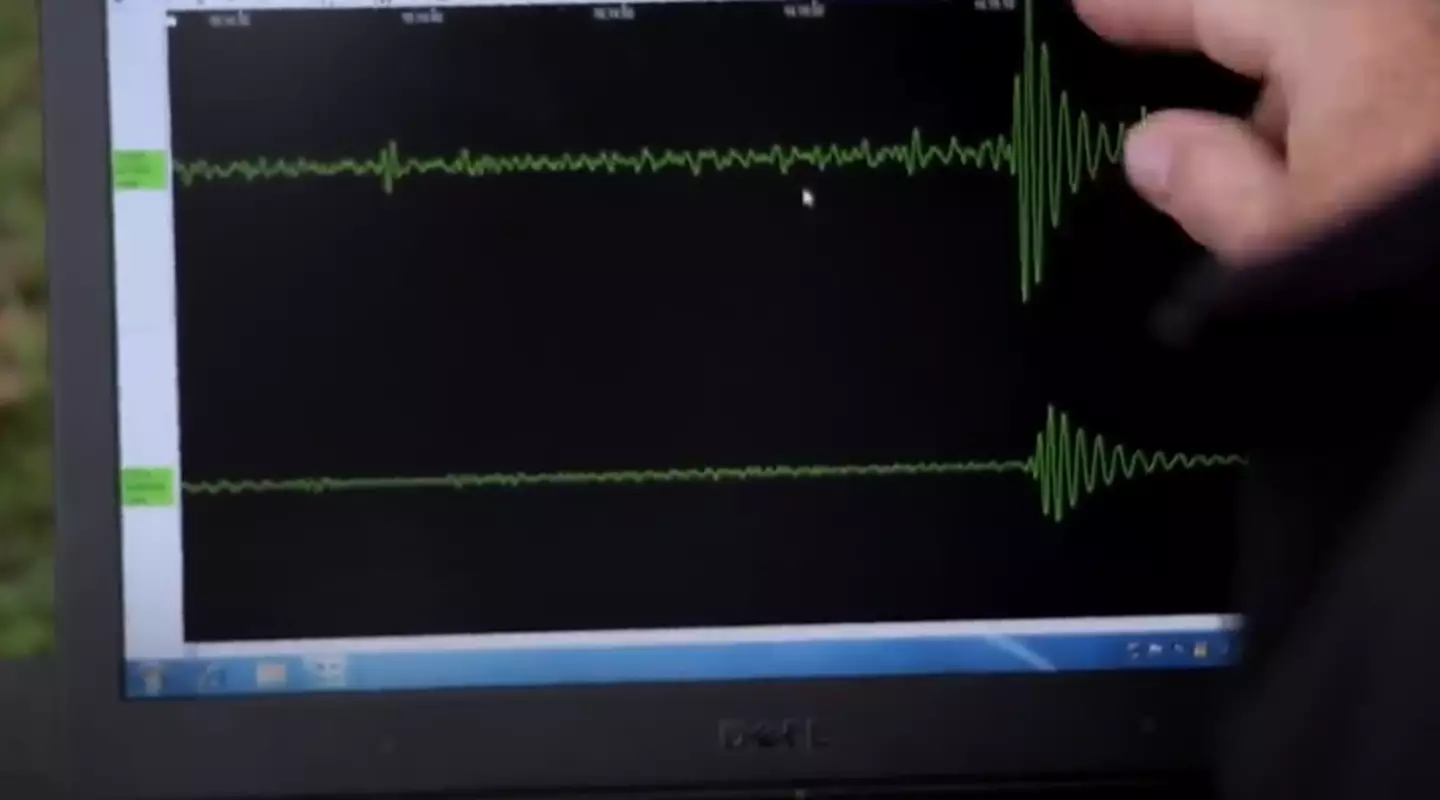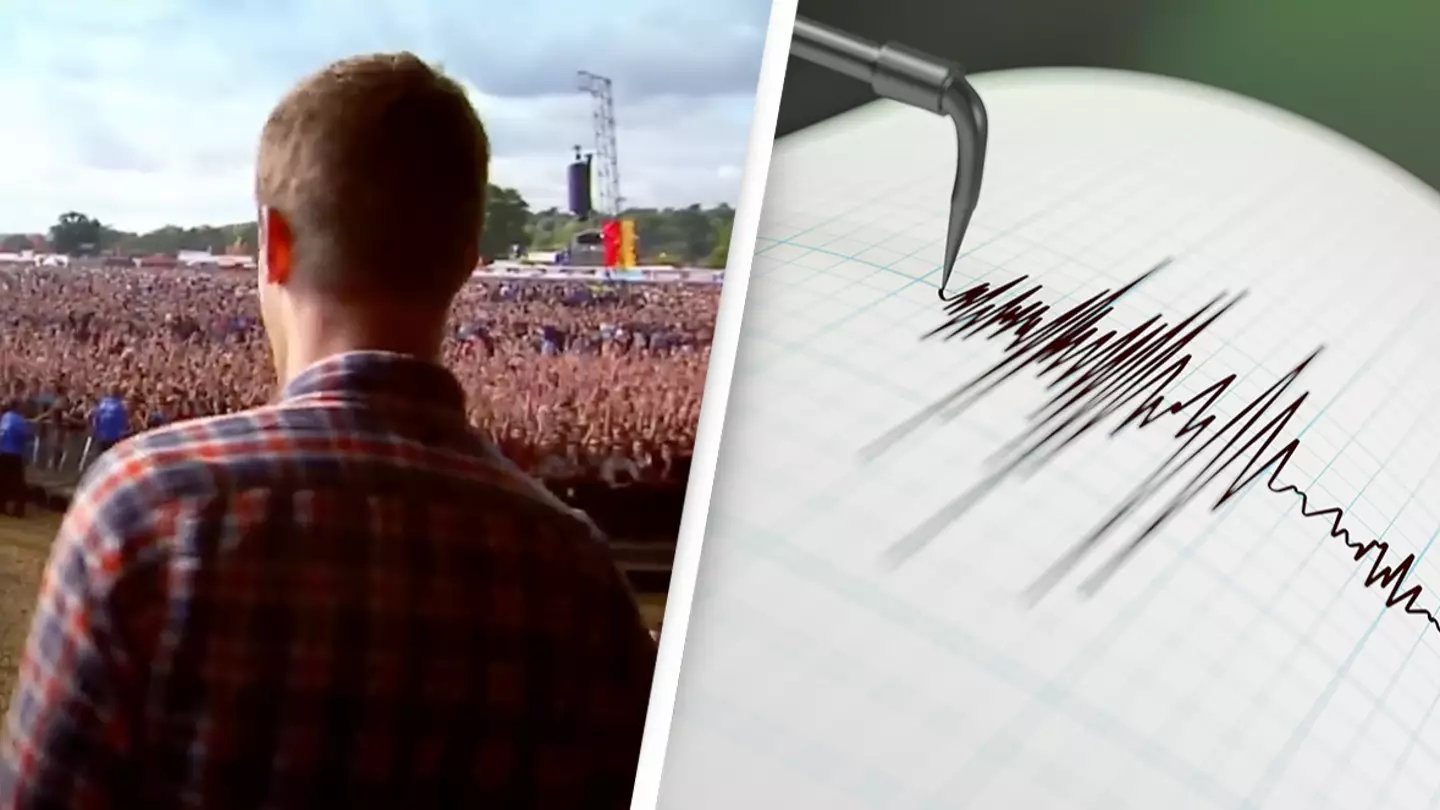Ever wondered what would happen if the entire world decided to jump simultaneously? Could this collective hop cause the Earth to shake or even alter its rotational speed? The concept might sound like a fun global experiment, but let’s dive into what science has to say about it.
Curiosity surrounding this hypothetical scenario has intrigued many, compelling physicist and science journalist Greg Foot to explore the possibility. In a bold experiment for BBC’s Earth Lab, Greg gathered 50,000 festival-goers at Reading Festival to jump in unison, measuring the impact from about a mile away.

“And then with a bit of math I can scale that up and see what would happen if everyone around the Earth jumped at the same time, and whether that would change the speed of the spin of the Earth,” explained Greg in his analysis.
His findings hinted that theoretically, if every person on Earth did the same, it could nudge our planet ever so slightly. To get a grip on this idea, comparing it to natural earthquakes might help, as they have been known to affect Earth’s rotation. Notably, the 2011 earthquake in Japan sped up Earth’s rotation, shortening our days by 1.8 microseconds.
It seems Greg’s hypothesis isn’t far off. But how did the Reading Festival jump measure up? The outcome was a minuscule tremor, registering just 0.6 on the Richter scale.

Despite the effort, it was clear that such an event wouldn’t significantly impact the Earth. “Earthquakes don’t affect the planet’s spin until they reach at least eight, and for this you’d need seven million times more people than currently live on the planet,” Greg concluded, debunking the myth once and for all. “So, the urban legend is completely untrue. You cannot shift the planet if everyone jumps at the same time; you can’t even change how fast it spins. There’s no truth in it at all.”
Still, the exploration didn’t end there. Physicist Rhett Allain pondered whether there could be any detectable effect on Earth, even if it didn’t involve altering its spin. By his calculations, if every human jumped 0.3 meters at the same spot simultaneously, Earth might shift by about a hundredth of the radius of a hydrogen atom—an imperceptibly tiny amount.
“After all the people jump they would ‘fall’ back down – move towards the Earth. During this time, the Earth would move back up. All would be as it once was,” he told Live Science’s series Life’s Little Mysteries.
So, while the idea of causing a planetary jiggle through a simultaneous global jump is a fascinating thought, science shows us that Earth remains steadfast under our feet, no matter how hard we hop together.

